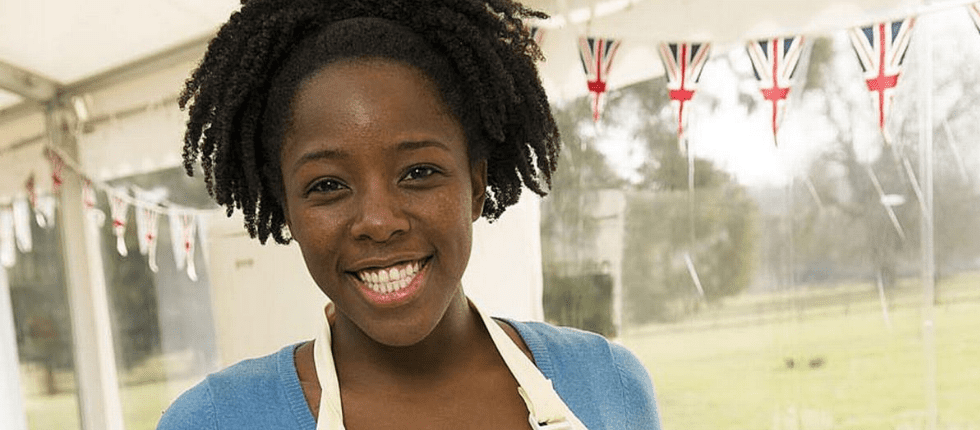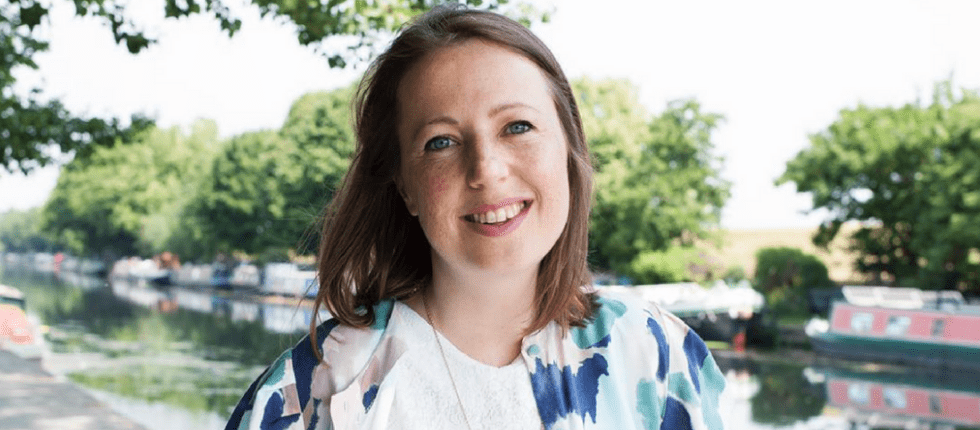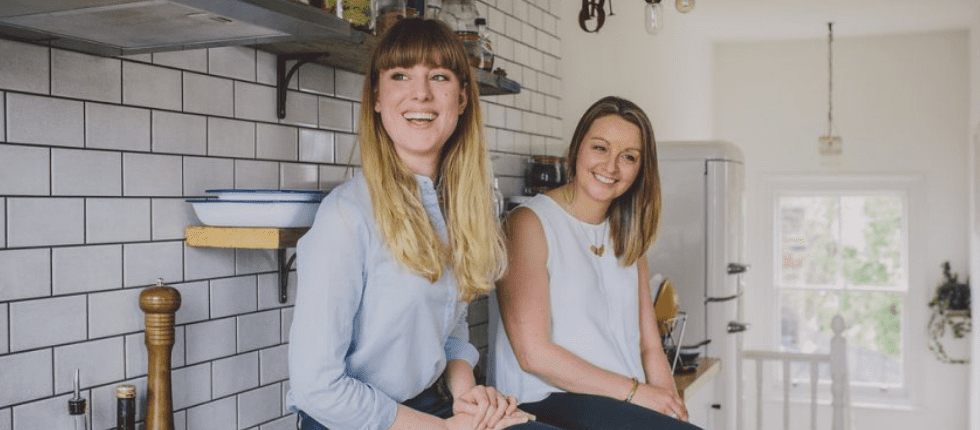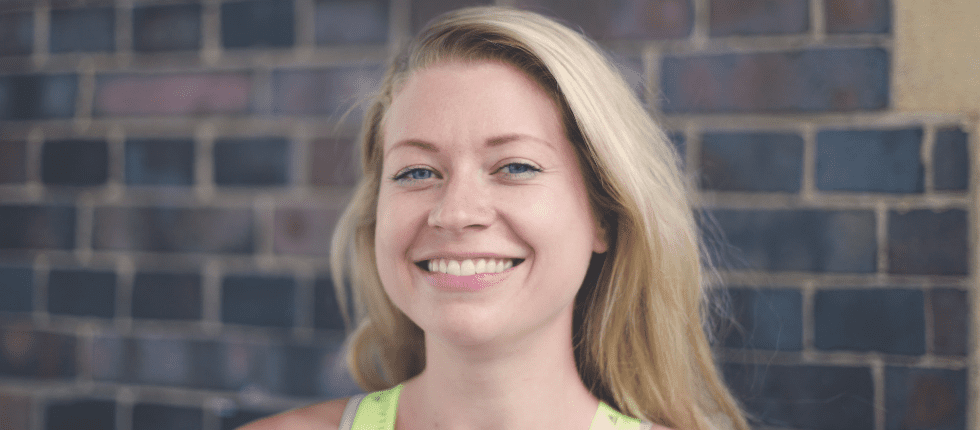Last Monday I hosted my first, and certainly not my last, Athletics Not Aesthetics event: ‘Social Responsibility in the Wellness Industry’. The idea behind this talk was that I wanted those on the front line/those who work directly with clients in a fitness or nutrition capacity to give their opinion on how those in the wellness industry can be more mindful of the content they share online. Through my studio and social media channels I hear from so many women who are negatively affected by the advice, ‘inspiration’ and images they see online and it is our responsibility in the wellness industry to reduce this risk.
The panellists were women I have known for some time who are incredibly considered, evidence-based and neutral in their online content posts. Like myself, they do not support diet-culture, they are not endorsed by companies and they all hold qualifications in their areas of expertise. For the talk I asked them all to discuss a topic they feel is not represented responsibly in the wellness industry and give their take-home advice on this topic. Here is my summary below.
ONE: Beware of Triggering Content

This advice comes from panellist Laura Thomas. Laura is a registered nutritionist, Director of the London Centre for Intuitive Eating, the host of ‘Don’t Salt My Game’ podcast, author and all round myth-busting expert. I interviewed Laura on my own Strong Women Podcast too, you can listen to that HERE.
Her line of work means she speaks with women who have disordered eating, with many reporting that something they have seen on social media has knocked their self-esteem or ultimately led them down the path of disordered eating. Here’s two of her tips on ensuring your content is not triggering:
- Think about the wording you use around food and fitness as this can be very triggering. Don’t share numbers openly eg calories, macros, steps walked, miles run. These are a source of comparison for many. Don’t use terminology such as bad/good/clean/dirty/natural/processed to describe food. This only demonises certain foods. Instead try to show a wide variety of food on your feed, not just the cliché ‘clean-eating’ view of food.
- Acknowledge your own body privilege. If you are white, slim, young, able bodied, straight etc you are already coming from a very privileged place that many others do not. Do we need to see more of us on social media or should we try to open up people’s eyes to other bodies? If your page is purely photos of you, and you are from this demographic, try to break it up a little with quotes, memes or photos of others.
To follow Laura Thomas PHD find her on Instagram HERE
TWO: Understand The Demographic of Your Followers

Secondly, this advice comes from Kimberley Wilson. Kimberley is a chartered psychologist with a post grad in nutrition. She specialises in an area of psychology known as nutritional psychology and sees clients in her private clinic in London. You can listen to my episode of The Strong Women podcast with Kimberley HERE.
Kimberley deals with people in her clinic who often have negative relationships with food and fitness and therefore sees the psychological impact that diet culture and social media can have on people’s food and exercise habits. Her top advice is:
- Understand the fact that women make upward social comparisons (more than men). This means they will look up to women who they perceive are prettier, younger, healthier, fitter than them and draw negative comparisons to themselves. Also our prefrontal cortex (the part of our brain that deals with critical analysis) is not fully formed until we are 25. If we combine these two issues we can see that social media can be perfect storm for negative comparisons in young women.
- Add references to any statistics in your posts to help validate but also educate. People may only read one small part of your post and not fully understand the whole topic. But, if we give references we allow people to read around the subject more and gain a full understanding of the message. This may help reduce the fake nutritional statistics that bounce around social media.
To follow Kimberley Wilson find her on Instagram HERE.
THREE: Support Diversity

Our third pannelist was the incredible Anna Kessel. Anna is a successful sports journalist for The Telegraph. She has covered 3 Olympic games and several World Cups earning herself an MBE for services to journalism and womens sport. I spoke to Anna about her career and message in Episode 10 of The Strong Women Podcast, which you can listen to HERE.
Annas main passion is campaigning for equality and fairness in women’s sport and around women’s bodies. She sees the way that women are represented in the media and the huge disparity between how women who are sporty are described (tomboyish, competitive), and how women who enjoy exercise are described (inspirational). Some of Anna’s advice is:
- Understand that there is a very narrow space of what bodies are considered acceptable in sport and the lens we see any bodies outside of this space can be so distorted. We must challenge the kind of imagery that has been around, and accepted, for years. An example is the recent Mark Knight cartoon of Serena. It is right to call out racist portrayals such as this and support a unified approach to all athletes.
- When you think of diversity think of the many avenues including colour, disability, age, size, LGBT, gender, religion. On our own social media feeds try to seek out a wide range of bodies and help promote them on your own account. Aim for realdiversity on your feeds. Diversity gives us permission to feel great about who we are as individuals. If we only see the same type of body every day we will always compare.
To follow Anna Kessel find her on Instagram HERE.
FOUR: Navigating Conflicting Information

The fourth panellists were the inimitable Rooted Project (who, would you believe, I also interviewed on my Strong Women Podcast, which can be heard HERE).
As dieticians Helen and Rosie are passionate about helping people to understand the difference between evidence-based nutritional advice and anecdotal advice given by unqualified sources.Nutrition is a very emotive topic. It’s everywhere and it can be very political and personal. For that reason we need to make sure the advice we share is evidence-based too. Some of their advice was:
- Think about your scope of practice. Food is a complicated topic with lots of conflicting evidence. This doesn’t mean we can’t talk about it but only registered dieticians, registered nutritionists or those with a master’s in nutrition should be allowed to advise on it. If you have heard something from someone that you’d like to share first think about what qualifications they have. Don’t think how many followers they have. Also think if they are appealing to evidence, or authority.
- Don’t be afraid to collaborate. If you find nutrition interesting, and your followers crave nutrition advice, collaborate with those who are qualified and give your followers access to sound advice. This does not mean you are weak. It means you care about the information you give and can also give qualified nutritionists a platform they may ordinarily not have.
To follow The Rooted Project find them on Instagram HERE.
FIVE: Make Exercise Honest Again

After 8 years in the fitness industry I’ve seen a huge change around how exercise is discussed, put on a pedestal and glamourized. Years ago people either exercised, or they didn’t. Now it’s all about where you train, what you wear and who you went with. Whilst the boost in exercise levels is appreciated the language around exercise less so. Here were a couple of my bits of advice.
- Stay in your lane. If you are a yoga teacher, talk about (and demo) yoga moves. A Pilates teacher? Demo and talk about Pilates. What we need to be careful of is advising on fitness disciplines, or demo-ing moves from them, when we don’t have the correct qualifications. This puts us at risk (from an insurance point of view) andour followers as they hang on your every word. From a responsibility standpoint we need to make sure we warn our followers if an exercise is advanced or not suitable for certain injuries, for the same reasons.
- Stop promoting exercise as a lifestyle. Marketing advisors around the country are telling us to ‘sell the dream’ and make exercise all about the lifestyle. But let’s be honest. It’s not a lifestyle – it’s simply part of our life. If we sell exercise as a lifestyle, and our followers haven’t the time, money or inclination to do the same we are at risk of putting women off, rather than inspiring them.
*
Our aim is not to worry people into not posting anything. It is simply encourage everyone to take a moment before they post any content to imagine what effect this might have on there followers. This way we can make sure social media is a positive space that motivates, rather than shames.
Thank you to all who’ve been involved, to those of you taking an interest in cleaning up social media and to the donations we received for Move Charity. I hope this has been helpful.
Want To Watch The Full Event ‘Social Responsibility in the Wellness Industry’?
If you are interested in watching a video of the whole event, where we go into a lot more detail on each topic, please watch it on my Youtube Page HERE

